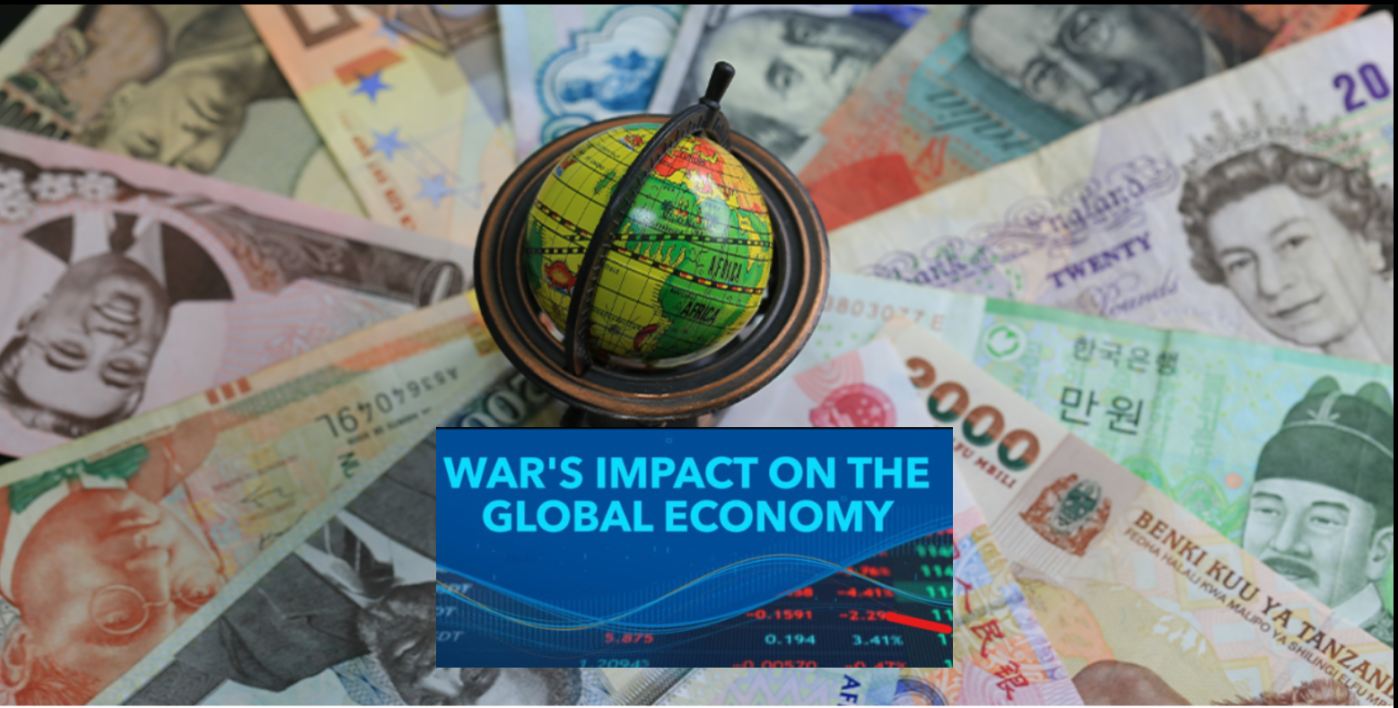In diplomatic talks between U.S. Secretary of State Antony Blinken and Israeli Prime Minister Benjamin Netanyahu, Blinken emphasized that the United States remains committed to its alliance with Israel and is not retreating from the region. This statement aims to emphasize the ongoing support that the U.S. will provide to Israel.
On the other hand, the war has its adverse impact on global economy. It could impact the crude oil price in a big way. The impact of Israel’s wars on the world economy can vary depending on the nature, duration, and severity of each conflict. Here are some potential factors to consider:
1. Oil prices: As Israel is located in a region that is vital for global oil production and transportation, conflicts in the area can disrupt oil supply chains and lead to price fluctuations. Any disruption in the global oil market can have a significant impact on the world economy, potentially affecting production costs, transportation expenses, and inflation rates.
2. Financial markets: Geopolitical tensions, including conflicts involving Israel, can create uncertainty in financial markets. Investors may become cautious, leading to increased volatility and potential declines in stock markets, currency values, and capital flows. This uncertainty can affect both local and international investment, including foreign direct investment (FDI) and portfolio investments.
3. Regional trade and stability: Protracted conflicts can hamper economic cooperation and trade not only between Israel and its neighbors but also within the broader region. Uncertainty and security concerns can disrupt supply chains, decrease tourism, and deter foreign investment. This can negatively impact economic growth and development, not only in the directly affected countries but also in neighbouring states, which may rely on regional trade and stability.
4. Military spending: Wars and conflicts, including those involving Israel, often lead to increased military expenditures. Governments allocate larger parts of their budgets to defence, which can divert resources away from social welfare programs, infrastructure development, and other productive sectors of the economy. This may result in decreased public investment and long-term economic challenges.
5. Humanitarian aid: In the aftermath of wars, humanitarian aid from the international community is frequently necessary to support affected populations. This aid comprises financial assistance, medical supplies, food, and other resources to help rebuild infrastructure and stabilize affected regions. The provision of humanitarian aid can impact the budgets of donor countries, as well as global aid efforts and organizations.
Overall, the impact of Israel’s wars on the world economy is complex and multifaceted. It depends on various factors, including how long the conflicts last, their intensity, the involvement of other countries, and the broader geopolitical environment. It is worth noting that conflicts in the region have historically had adverse effects on regional and global economies.


Leave a comment